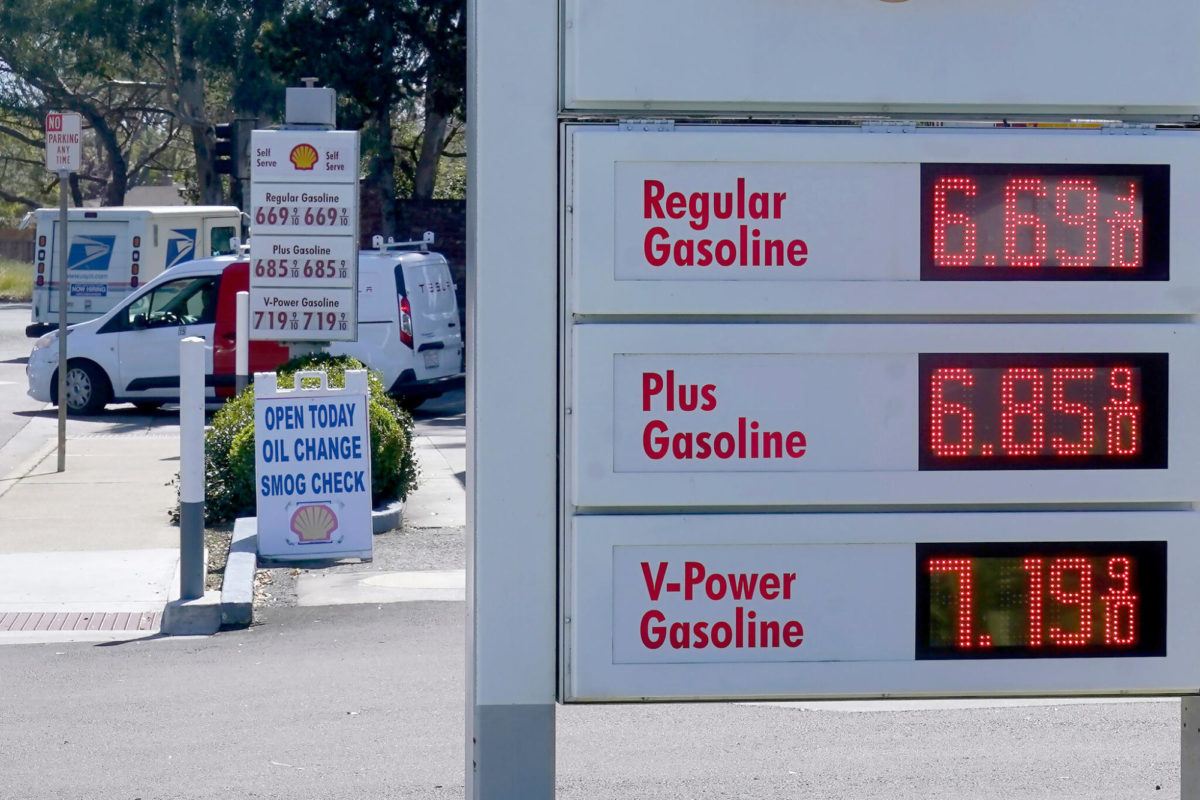
The New York Times
California's gas prices seem to be continuously skyrocketing. Read more to find out why!
California gas prices have been surging upward over the past few weeks. In Yorba Linda, the cost of gas from Costco is $5.79 for a gallon of regular gas and $6.05 for a gallon of premium gas. Most of the other gas stations are charging nearly 30 cents more per gallon. As these prices continue to rise, many households will need help.
With the amount of people living in the state of California, the supply and demand chain for gasoline has always been high; the cost of gasoline in California is among the highest in the country. These increasing costs have been manageable in the past, but recently, four significant refineries were shut down, which has led to the influx in prices. This is directly caused by the high demand for gas and the decrease in supply. Another significant factor directly correlates to Russia’s invasion of Ukraine, which has raised prices. With extreme taxes on everything from gasoline to clothing, California’s cost of living has been exponentially growing. The state of California imposes the highest taxes on gasoline compared to every other state in the country. These taxes include the sales tax and state excise tax, which are driving up the price of gasoline.
So, how has that been affecting the high school students of Yorba Linda High School? Many students find it even more difficult to get around daily because of the high prices. As most work minimum wage jobs or have no means of income, spending upwards of two hundred dollars a month on gasoline is not practical. “Me and my minimum wage job cannot keep up with the rising prices,” shares Hayden Lee (12).
While individuals dread getting gas and paying close to or more than ninety dollars for a full tank of gas, many are hoping that the price of gas has topped out and will slowly start to decline. For many Yorba Linda High School students, this decline cannot come soon enough.
Many students cannot afford the extra twenty to thirty dollars per gas tank, which goes along with many families. While fixed income does not change with the economy, and inflation rises and fluctuates, many families cannot adjust to this drastic economic change. Until the economy finally evens itself out, consumers may be unable to purchase as many goods, forcing the rates to decrease.